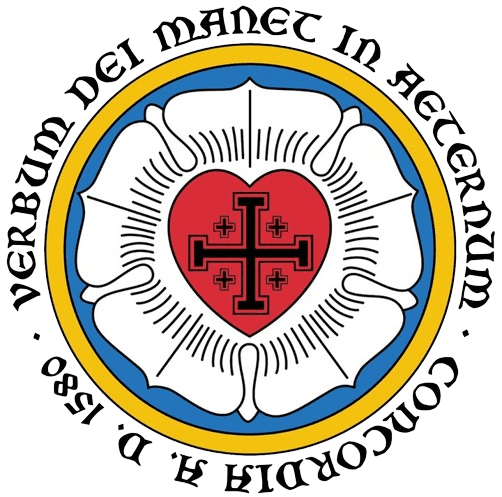1. What is the death of the body?
Bodily death is the dissolution of the natural union existing between the soul and the body.
(This article is taken from the writings of Drs. Heerbrand and Hunnius.)
2. What is the cause of death?
The principal cause of death is sin.
Genesis 2:17 — “For in the day that thou eatest thereof (of the tree of the knowledge of good and evil) thou shalt surely die.”
Romans 6:23 — “For the wages of sin is death.”
Romans 5:12 — “Wherefore as by one man sin entered into the world, and death by sin.”
3. Who are subject to death?
All men, naturally begotten, and tainted with sin.
Romans 5:12 — “So death passed upon all men, for that all have sinned.”
Hebrews 9:27 — “And as it is appointed unto men once to die, but after this the judgment.”
4. But is no one excepted from this law of death?
Yes; in the first place, Enoch and Elijah, being translated to heaven alive, were excepted. Genesis 5:24; 2 Kings 2:11. Secondly, those who shall still be alive, at the last day. For these shall not die, but carried to the Lord, through the midst of the flames of this burning world, they shall experience something similar to death.
1 Corinthians 15:51 — “We shall not all sleep, but we shall all be changed; in a moment, in the twinkling of an eye, at the last trump.”
5. What consolation can believers oppose to the terrors of death, which, of all evils, is the most terrible?
The pious, who believe in Christ, know that death is not death to them, but on the contrary, a gate and entry to life.
John 5:24 — “Verily, verily, he that heareth my word, and believeth on him that sent me, hath everlasting life, and shall not come into condemnation, but is passed from death unto life.”
6. Do the souls die at the same time with the body?
No; on the contrary they are immortal spirits, which, after they are gone forth from this mortal body, truly continue to live.
Ecclesiastes 12:7 — “Then shall the dust return to the earth as it was, and the spirit shall return unto God who gave it.”
Matthew 10:28 — “And fear not them which kill the body, but are not able to kill the soul, but rather fear him which is able to destroy both soul and body in hell.”
Matthew 22:32 — “I am the God of Abraham, and of Isaac, and of Jacob. God is not the God of the dead, but of the living.”
7. In what state are souls, after death has separated them from the body?
The souls of the pious, who believe in Christ, are in the hands of God, and there await the glorious resurrection of their bodies, and the full enjoyment of everlasting salvation.
Luke 16:22, 25 — “The soul of Lazarus is borne into Abraham’s bosom and there comforted.”
But the souls of the wicked or unbelieving are in the place of torment, and there, amid terror and anxiety, await the ignominious resurrection of their bodies, and the perfect realization of everlasting damnation.
Luke 16:22 — “The rich man died and went to hell, into torment and anxiety.”
8. But why are the dead bodies committed to the earth and buried?
Because this custom and practice seems to correspond closely with Holy Scripture.
Genesis 3:19 — “Dust thou art and unto dust shalt thou return.”
Ecclesiastes 12:7 — “Then shall the dust return to the earth as it was: and the spirit return unto God who gave it.”
Then, too, because the instances recorded in both Testaments confirm this usage.
Genesis 23:19 — “Abraham buried Sarah his wife in the cave of the field of Machpelah, before Mamre.”
Matthew 27:60 — “Joseph of Arimathea had caused a grave to be made for himself in his garden.”
9. May we mourn for the dead?
Yes; but not to excess.
The examples of the saints also testify to this, e.g., that of Abraham, who weeps over the death of his wife Sarah; that of Joseph and his brethren, who sorrow over the death of their father Jacob; that of the Israelites, who lament the decease of Aaron and Moses; and that of the Lord himself, who weeps at the death of Lazarus. John 11:35.
1 Thessalonians 4:13 — “But I would not have you be ignorant, brethren, concerning those which are asleep, that ye sorrow not, even as others which have no hope.”

